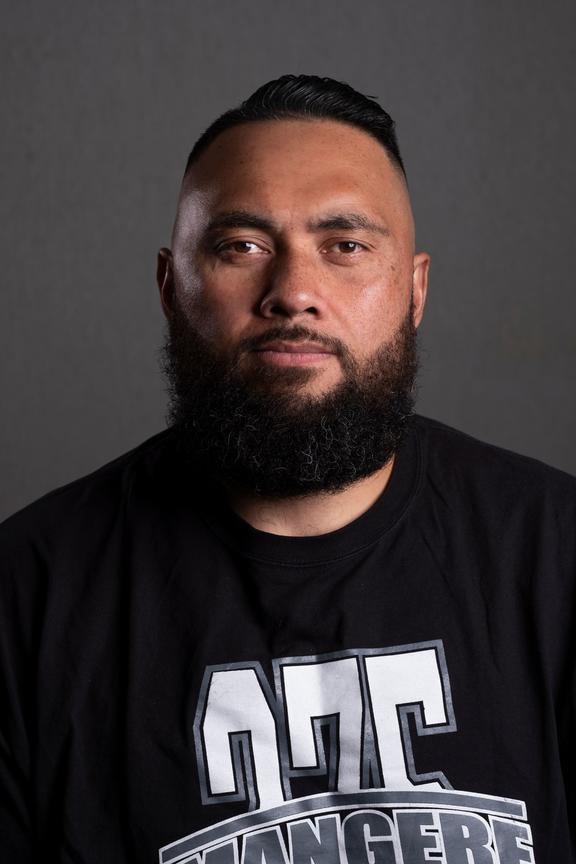By of RNZ. This story is republished with permission
Statistics NZ’s latest official child poverty figures show Māori and Pacific children were higher across almost all measures, compared with all children.
For the year ended June 2020, one in four Pasifika children lived in households experiencing material hardship.
That is a similar reading to the report ended June 2019 where almost one in four Māori children (23.3 percent) lived in households that are doing without six or more of the 17 material basic needs, and the rate was higher for Pacific children at 28.6 percent.
Stats NZ describes material hardship as the “number of households missing out on more than 6 of the 17 basic things most people would regard as essentials.
“Examples of essential items lacked include the household respondent reporting serious restriction on eating fresh fruit or vegetables, putting off a visit to the doctor because of a lack of money, or not being able to pay the gas or electricity bill on time.”
Children’s Commissioner Judge Andrew Becroft said the figures for Pasifika, Māori and disability stopped him in his tracks and should be a profound concern for all New Zealanders.
“They’re deeply distressing figures especially when for European, it’s one in eleven, a much smaller figure and that’s something that ought to be of enduring concern.
“The government have introduced a series of packages such as the child poverty reduction package, there’s the child wellbeing strategy, and if we really want to hit child poverty on the head we need to have sustained, continuous, bold and ongoing packages and commitment.
“We need specific targeting for Pacific and Māori, there’s no way around that. I mean, how can a western world country not feel shame when the level of disproportionalities is laid bare,” Becroft said.
The stats released this week are echoed in the Salvation Army’s State of the Nation report released this month.
It shows Māori and Pasifika child poverty rates are more than 50 percent higher than those for European children and rates of material hardship were two to three times higher.
A policy analyst Ronji Tanielu said she was sick and tired of seeing how bad the statistics were for Pacific people.
“There’s a systems’ problem here, there’s a structural problem here, but there’s also challenges for Pasifika people, some of our communities need to ask themselves hard questions such as why are we giving to churches, to the point where it puts our families at risk?
“When it comes to Pasifika and the poverty out there, some of it unfortunately are the bad decisions families make, but a lot of it is the limited options they have,” Tanielu said.
“One of the most challenging cases are to do with housing and children – there was a solo Pasifika mother in her 20s with four kids living in emergency housing.


“Her situation was risky because there were gangs living there also, dealing with meth in the motel and this mother is trying to raise her kids in that environment.
“That’s one of many horror stories out there, but as a Christian church and charity and we have remained hopeful for our community as we do see stories of transformation out there,” he said.
Although Stats NZ’s report ended in the early stages of the pandemic last year, Becroft is almost certain that the situation for poverty is now worse for families that are struggling.
“The real question for this country is realise the burden of Covid-19 is disproportionately shared by children and particularly children doing it tough.
“We have a choice; do we want the burden to be shared by children doing it tough or not? We can fix it if we want to. We’ve got money, there’s surpluses, we’re told it’s kept for a rainy day.
“Ask children who are really in material hardship, they will tell you it’s pouring down outside.
“This is the time to act. Covid-19 can’t be an excuse to do less, it’s an opportunity to do better,” Becroft said.
Across the wider New Zealand population, one in nine children were living in material hardship, down from one in eight a year earlier.
